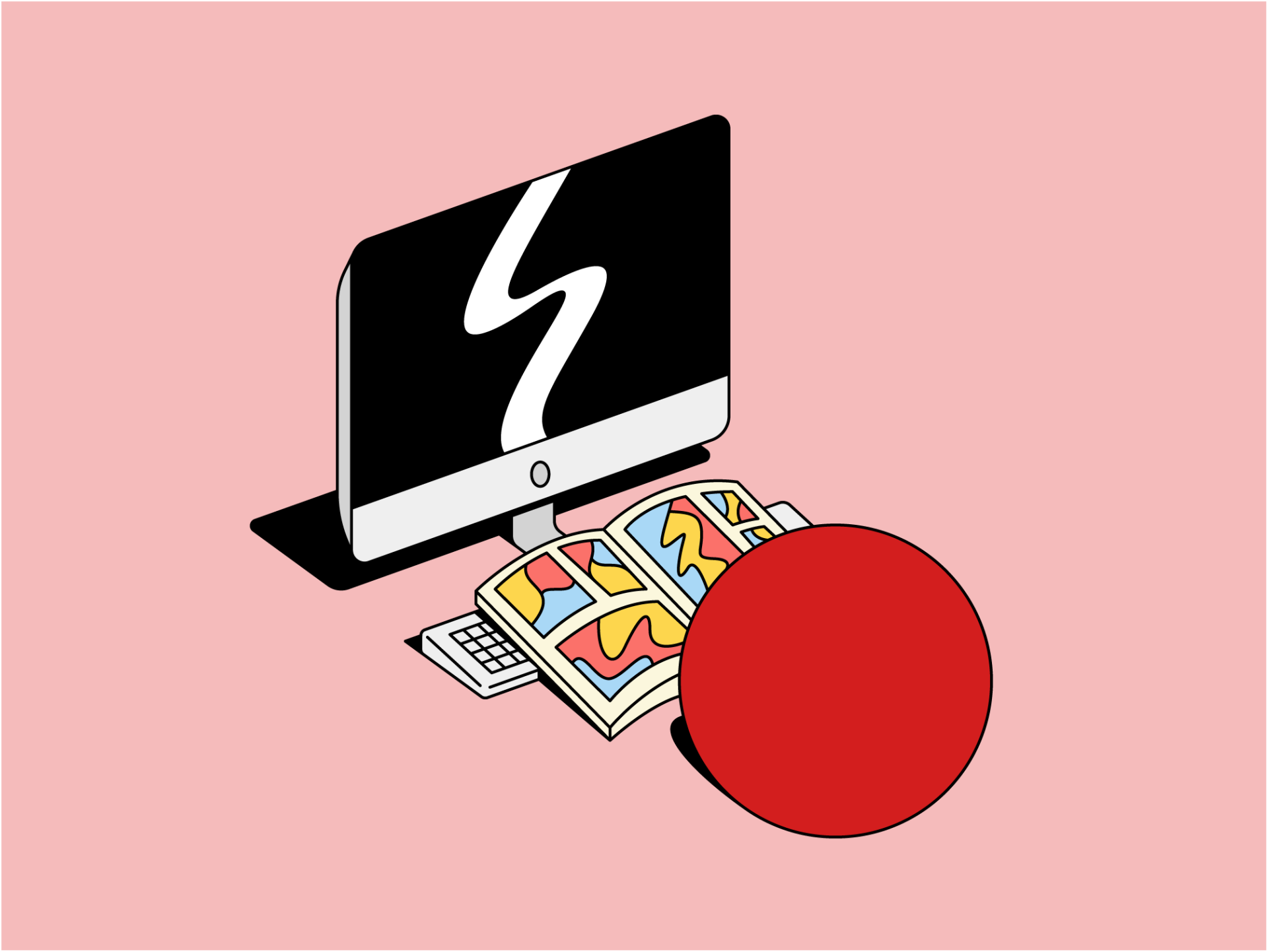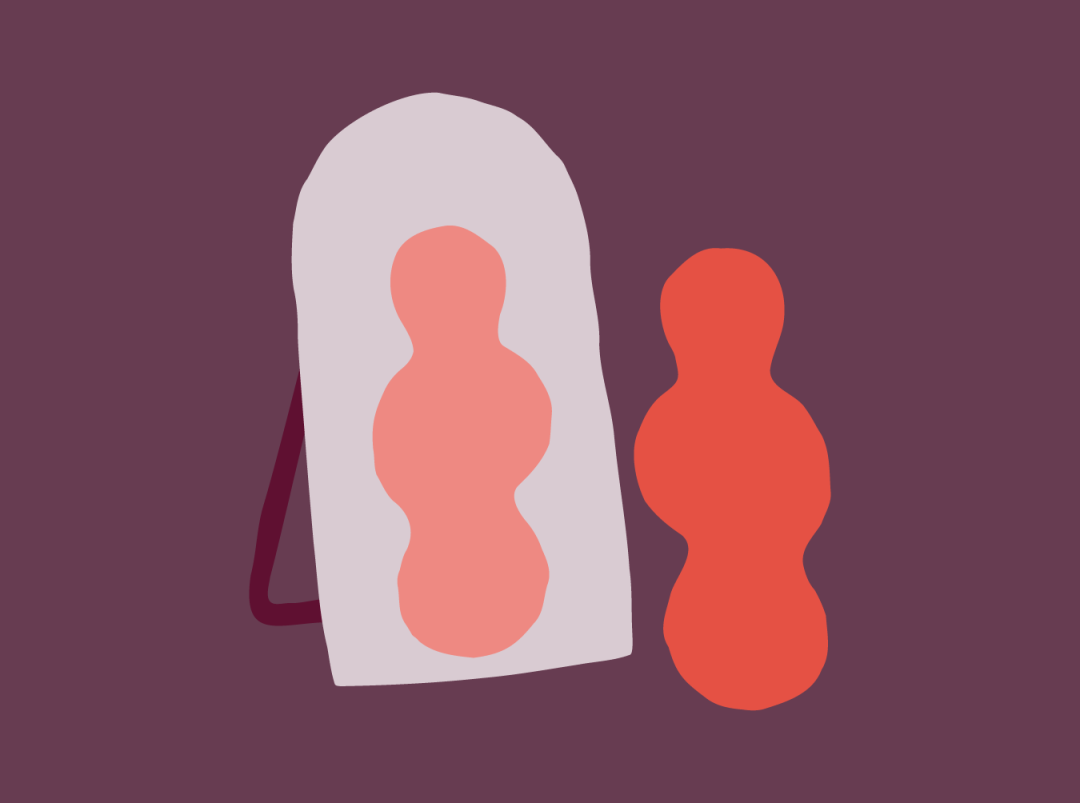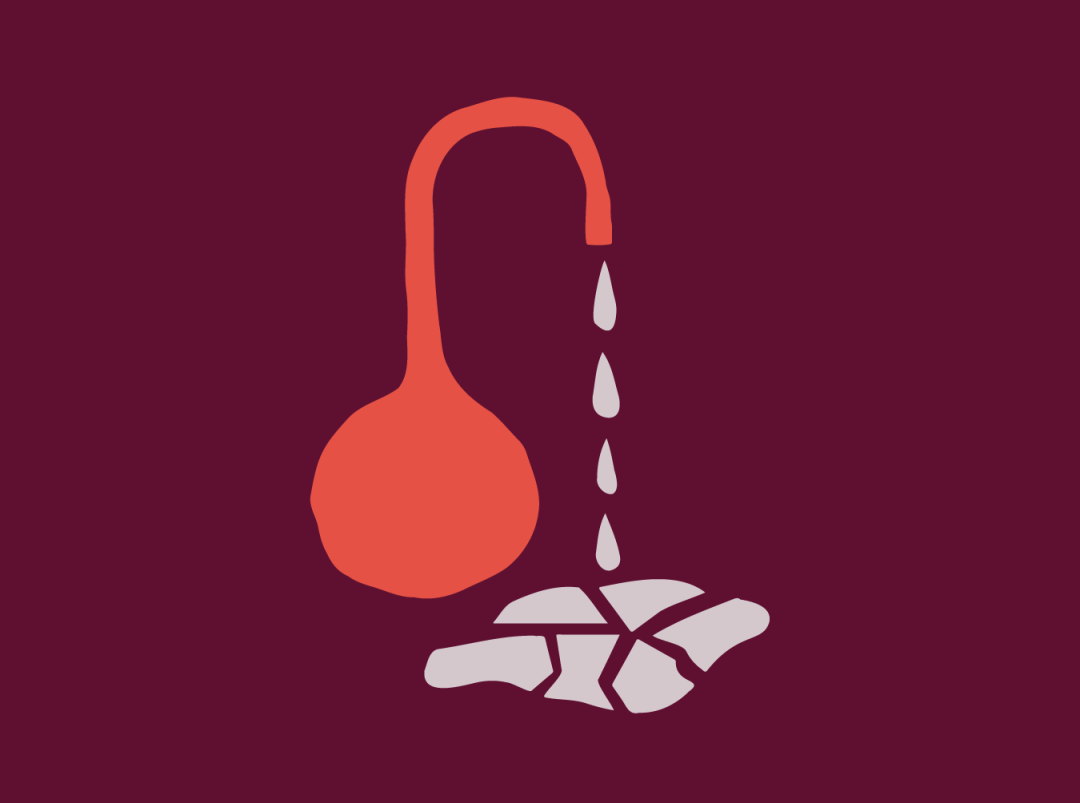#personal-essay
The Conversation We Need to Have About Periods and Productivity
health
·5 min read

by Jandra Sutton | 08/03/2022
Ever struggle to get things done, especially around your period? Hard same. I’m writing this on day three of mine, and I’ve spent the last few minutes crying about how difficult it’s been to get the words out. Over the last few days, I’ve opened my laptop every morning only to stare at a blank screen. My creativity levels? Zero. My motivation? Dropping into the negatives. And even though it’s something that happens to me and countless other people who experience the joys of a menstrual cycle every single month, I can’t help but feel guilty about the ebbs and flows in my productivity levels.
the modern view of productivity is failing us
If you think about productivity as a concept, most people would likely imagine something like a light switch. It’s something you either have or don’t have (or you’re lucky enough to have a dimmer switch to find the space in between). In reality, though, productivity is rarely that straightforward. For many of us, productivity is far more complicated and sometimes elusive. Maybe you’re someone who struggles with executive dysfunction like me, and ADHD makes productivity a complex battle. Maybe you’re facing burnout after years of juggling work, kids, and everything in between. Maybe you’re someone who has days where productivity simply doesn’t happen — no matter how hard you try — and there’s no real reason why it doesn’t appear.
Believe it or not, all of that is normal.
We live in a world that tells us we should be producing constantly. It’s where the word productivity comes from, with a quick trip to Google explaining that the word “productive” emerged from the Latin word productivus, aka “fit for production.” And while I’m no linguist, I think it’s pretty obvious that human beings aren’t always fit for production. We’re not machines, and, even if we were, very few are designed to be always on. Cars need fuel to keep driving; lights need electricity to stay bright; if you try to use your cell phone all day without plugging it in, I think you’ll be sorely disappointed in its battery life. Plus, none of that even begins to mention the wear and tear that comes with daily, long-term use. So why are we any different? Why do we hold ourselves to such an impossibly high standard? (Hint: it starts with a “c” and rhymes with wapitalism, but we’ll save that manifesto for a later date.)
When we begin to accept that we physically cannot produce 24/7 and recognize that even modern science acknowledges that the forty-hour workweek is bullsh*t, it starts to become obvious that the modern definition of productivity isn’t serving us. Most people can only focus for 4 or 5 hours per day, and personal productivity levels are highly dependent on other factors like your health, stress levels, sleep quality, and more — especially for those who menstruate. In fact, one study found that menstrual symptoms were linked to 9 days of “lost productivity” each year through presenteeism, aka working or studying even when you’re feeling sick.
a better way of looking at things
Productivity levels are always changing, and your hormones play a role in this process. Even when you aren’t menstruating (which is when your energy and productivity levels are typically at their lowest point), it’s normal for your hormones to impact how productive you are. After all, your hormones are changing constantly throughout your cycle, which is part of the reason why you can feel productive as hell one day and totally tanked the next.
Instead of viewing this as a bad thing, I like to think of it as an incentive for learning more about my body and my cycle. Personally, I found that my productivity spikes in the first half of my cycle, and I’m always extra communicative in the week leading up to ovulation. My energy levels tend to fall during my luteal phase, and, instead of getting frustrated with my body, I try to structure my life to work with my hormones rather than against them. I take more long walks, schedule fewer phone calls, and give myself permission to skip social events in favor of quiet nights at home. The days leading up to my period are always the hardest, especially since I have PMDD, and I tend to get extra tired (and anxious) until my period is over.
I used to hate that my productivity levels fluctuated so much, especially because I felt like I “should” be working — until I started reframing my view of productivity as something like the ocean. I can’t control the waves, the current, or the storms, but I can learn how to predict the tides. I can plan ahead, check the weather, and practice riding the waves. And the more I do it, the easier it gets.
Truthfully, I’m still learning to ditch the guilt that comes with not being my most productive self, but it’s a process that’s worth the effort. I’ve started decoupling my worth from my work, and I’m trying to accept that things like creativity and rest can be productive, too. It can be hard to navigate when I need to push through and when to press pause (because we all have bills to pay, right?) but practice makes progress.
In time, I hope this is a conversation that sparks a wider change because this sh*t isn’t serving any of us. The sooner we acknowledge that, the better.
Jandra Sutton is a mental health advocate, writer, and speaker based in Nashville, TN. She's also the host of The Wildest Podcast, a weekly personal development podcast in 10 minutes or less, and her work has appeared in countless publications including Healthline, Fast Company, Refinery29, and more. You can follow her on TikTok, Instagram, and Twitter as she shares more about fear, failure, and getting things done.
by Jandra Sutton


